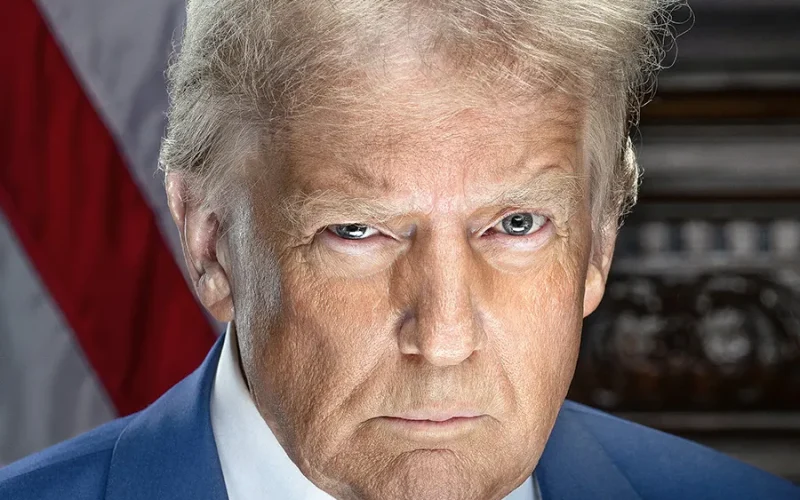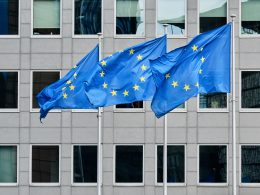President Donald Trump has issued an executive order instructing Attorney General Pam Bondi to halt enforcement of the Foreign Corrupt Practices Act (FCPA) until new guidelines are established. The decision has sparked alarm among anti-corruption advocates and legal experts, who warn it could undermine decades of progress in tackling foreign bribery.
Transparency International has condemned the move, arguing that weakening the Department of Justice’s (DOJ) enforcement of the FCPA delivers a significant setback in the global fight against corruption. The organisation warned that pausing enforcement could embolden unethical business practices, allowing unscrupulous actors to operate with reduced fear of legal repercussions.
The FCPA, enacted in 1977 in response to widespread corporate bribery uncovered after the Watergate scandal, was the first law of its kind to criminalise bribery of foreign officials by US companies and individuals. In 1997, the US reinforced its commitment to anti-corruption efforts by joining the OECD Anti-Bribery Convention, an agreement now ratified by 46 countries. By suspending enforcement, critics argue, the US is jeopardising its obligations under both the OECD framework and the United Nations Convention against Corruption.
For nearly two decades, the US has led global anti-bribery efforts, with DOJ enforcement actions securing billions of dollars in fines and setting a deterrent for corporations worldwide. Analysts fear that halting enforcement will not only erode this leadership but also weaken fair competition in global markets by removing accountability measures for businesses engaging in illicit practices.
The FCPA has played a crucial role in holding companies to account. In a recent case, a major multinational mining corporation was found to have bribed officials in countries such as the Democratic Republic of Congo and Nigeria to secure lucrative contracts. As a US-listed company, it was subject to FCPA enforcement, which led to significant penalties. The case highlighted the human cost of corruption, as it resulted in environmental damage and the exploitation of vulnerable workers in some of the world’s most impoverished regions.
With the US stepping back from enforcement, Transparency International has called on other major economies that are signatories to the OECD Anti-Bribery Convention to take a more active role in combating corporate corruption.
François Valérian, Chair of Transparency International said, “US enforcement of the FCPA has long set the global benchmark in anti-corruption efforts. Weakening its reach will embolden wrongdoers and send a dangerous message that bribery is once again an acceptable business practice. Foreign bribery is not, as last night’s decision implies, a routine aspect of commerce. This move represents a significant reversal of US leadership in global anti-corruption initiatives and plays directly into the hands of those who benefit from illicit financial flows. This course of action must be urgently reconsidered.”















